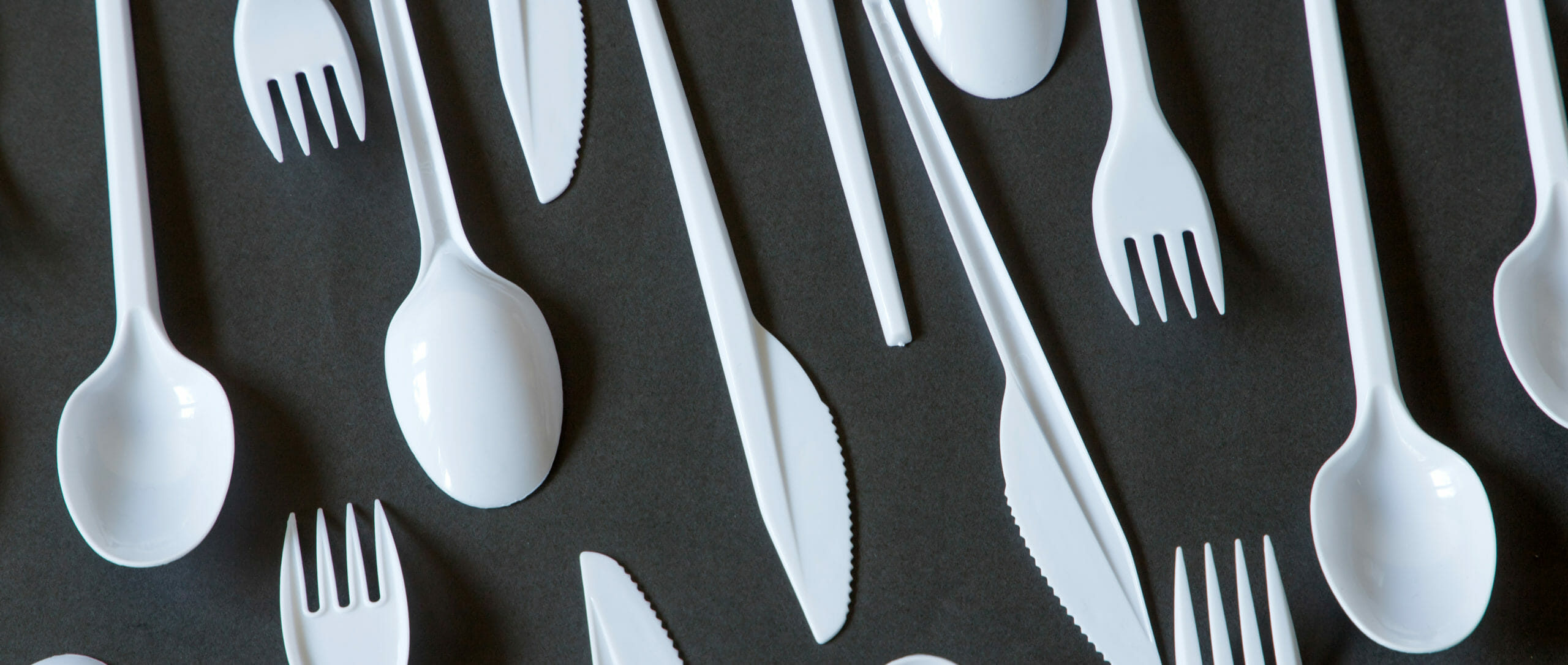
Scotland Introduces Single-Use Plastic Ban
Single-Use Plastics Directive
As of Wednesday 1st June, legislation has come into effect in Scotland banning a wide range of single-use plastic products. This makes Scotland the first of the UK nations to put such a ban in place.
Single-Use Plastic
The ban applies to single-use plastic products such as:
- Plastic cutlery
- Plastic plates
- Plastic straws
- Plastic beverage stirrers
- Plastic balloon sticks
- EPS Food containers
- EPS cups and drinks containers
The Scottish government estimates that around 700 million of these ‘problematic’ single-use plastic items are used every year.
The new regulations currently only apply to products manufactured in, or imported directly into, Scotland. This does temporarily leave open a loophole where Scottish businesses could buy these products from elsewhere in the UK under the Internal Market Act 2020; however, the UK government has said it will exclude these items from the Act, but that this amendment will take some time to progress through parliament.
The UK government have also announced a similar plan for England as part of what they are calling their ‘war on plastic’.
Taxing Plastic Bags
The Scottish government expects this single-use plastic products ban will be major push in the direction of a circular economy. They point to the success of the plastic carrier bag scheme as an example; the introduction of the 5p charge – now 10p – saw a reduction of 64 million bags being used every year.
Lorna Slater, the Scottish Circular Economy Minister, said that ideally people would transition towards reusable cutlery rather than other materials for disposable products. She said that many businesses have already made the move over to cardboard food containers and biodegradable materials for cutlery.
Despite this, Ms Slater said that the new legislation was a still a ‘nudge in the right direction’, and that it would significantly reduce Scotland’s overall carbon footprint and the amount of litter produced.
News such as this is always a cause for celebration here at JBX PaperPak; we will always support the movement taking us away from reliance on single-use plastics in favour of more sustainable alternatives. However, happy as we may be with this news, we are still not satisfied. As usual, we want this to be seen as a starting point rather than the end. The banning of these single-use plastic products is important, but we must use it as momentum to continue the push towards a fully circular economy.
Share this article
Related articles for you
The Future of Packaging Is… Paper?
Single-Use Plastic Bans in the UK
The Role of Paper Straws in the Coronavirus Pandemic
Subscribe To Our Newsletter
To keep you up date to our new products and lates news
Free shipping on all orders over £200*
Subscribe To Our Newsletter
To keep you up date to our new products and lates news
Free shipping on all orders over £200*
Frequently Asked Questions
Our paper straws are made by stacking 3 plies of high-quality food grade kraft paper and putting them through a core-winding machine that applies an adhesive and rolls the straws into shape. They are then cut to size, coated in lacquer to ensure quality and are then ready to be sold.


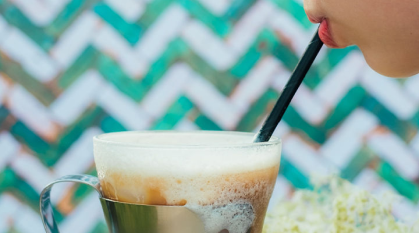
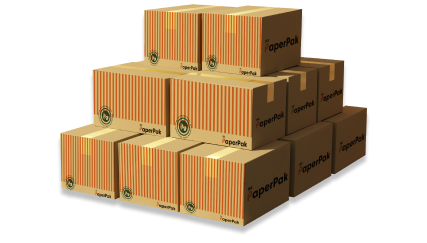
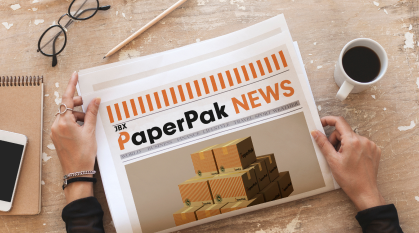
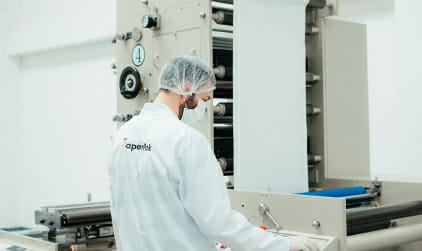

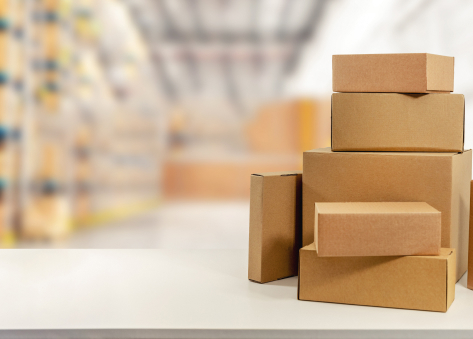
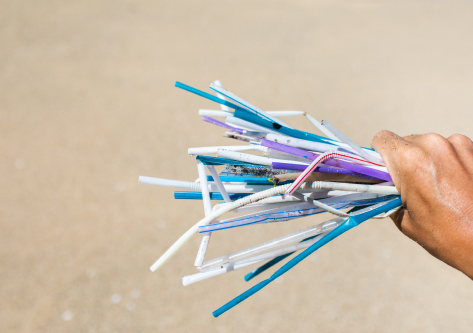
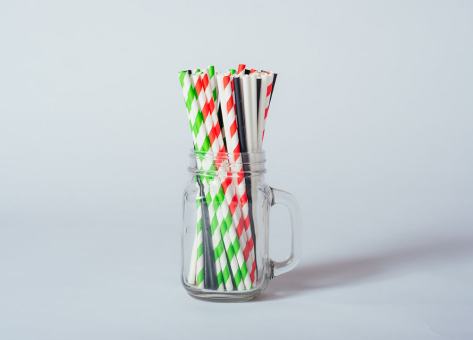

Get social